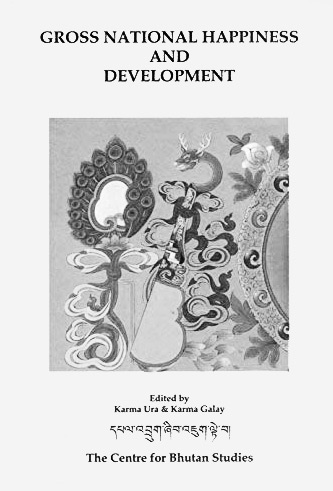As it came into place over the next few years, the concept fascinated outsiders. But it caused hardly a ripple at home. And why would it? After all, the idea is a reflection of Buddhist values that the country had been following for centuries. (Bhutan’s legal code of 1729 states that “if the government cannot create happiness for its people, then there is no purpose for the government to exist.”)
Today, Ura’s job is to study gross national happiness and the way Bhutan implements it–as well as to spread the idea around the world.

Keeping track of happiness is a complex job at the best of times, he says. The country’s index is based on nine domains, from the obvious (such as living standards and health) to more complex concepts such as community vitality, psychological well-being, ecological diversity, and resilience. The regular surveys undertaken by the government are a huge, year-long effort, with five months of intense data gathering followed by a long period of analysis.
And the pandemic has made things far more complex.
It’s been almost six months since the first documented case in the tiny kingdom–a 76-year-old immunocompromised American tourist was identified with the disease in March–but so far there have been zero covid-19-related deaths in a population of 750,000 people. That’s because the government has put many of its resources behind fighting the virus.


